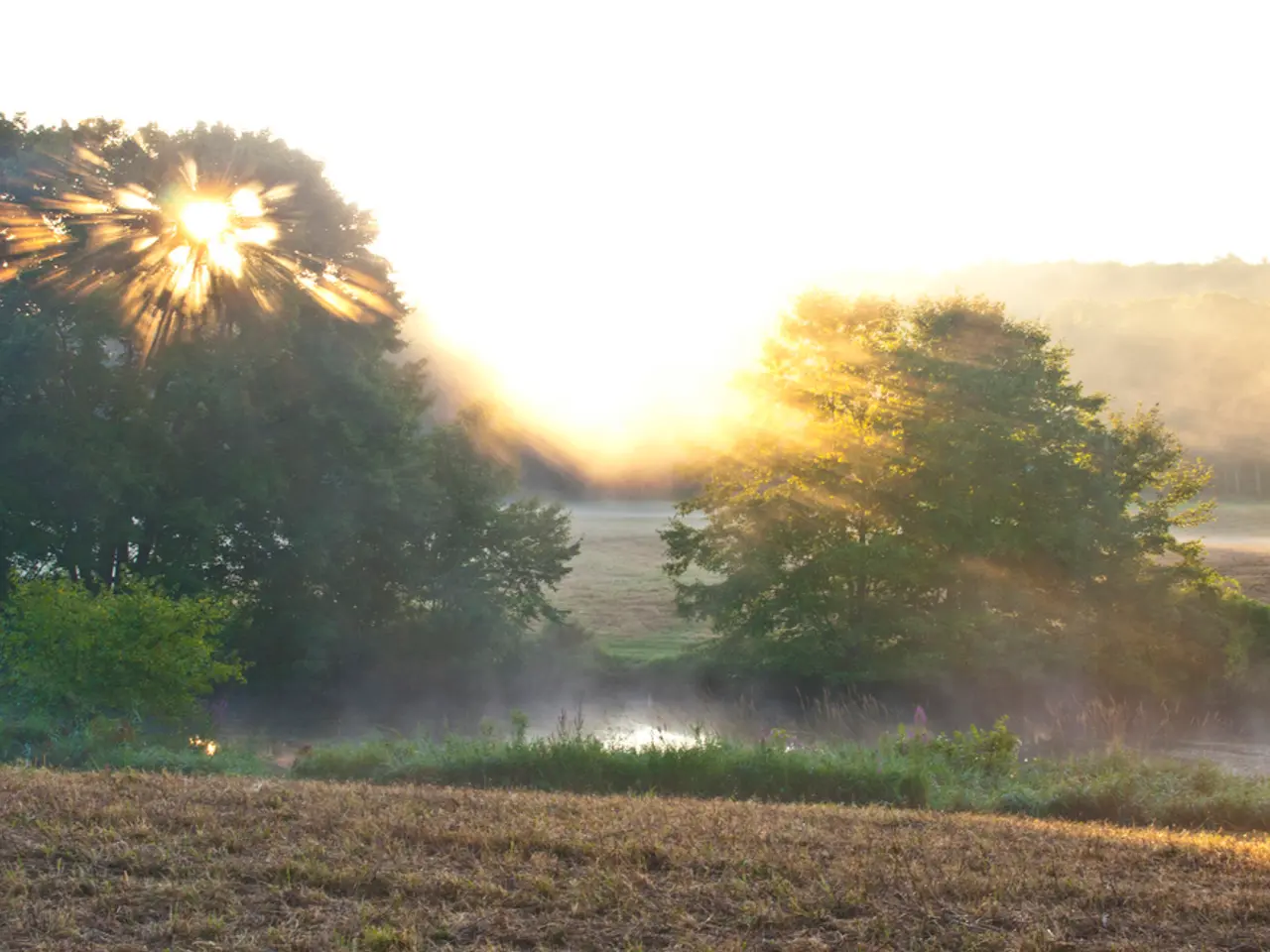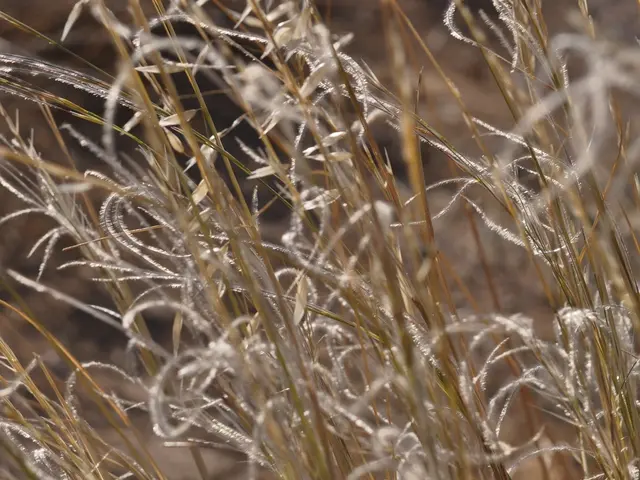selectingappropriate soil type for Bronze Fennel cultivation
Bronze fennel (Foeniculum vulgare var. bronze), with its delicately textured, bronze-tinged leaves and aromatic, licorice-flavoured seeds, is a popular choice for gardeners and chefs alike. This hardy perennial herb native to the Mediterranean region can thrive in various conditions, but optimal growth is achieved with careful attention to soil, moisture, and sunlight.
Soil Type and pH ------------------
Bronze fennel prefers **sandy, well-draining soil** with a **neutral to slightly alkaline pH** (around **pH 6.0 to 7.5**). This soil type allows for good water flow and prevents excessive moisture, which can be detrimental to the plant. Heavier or poorly drained soils may lead to plant death in very wet or cold conditions.
Moisture and Watering ---------------------
The soil for bronze fennel should be kept **moderately moist but well-drained**. While the plant is drought-tolerant once established, it prefers not to be waterlogged. Good drainage is critical to prevent root rot, especially during winter or wet weather. Aim to give bronze fennel at least an inch of water per week, and more in dry summer weather.
Sun Exposure -------------
Bronze fennel grows best in **full sun**, requiring at least 6 hours of direct sunlight daily. Full sun promotes healthy foliage and flowering, and helps the plant reach its full aromatic potential.
Fertilizer and Soil Amendments ------------------------------
Fertilizer should be used sparingly. Light application of balanced organic fertilizer or compost can be beneficial to improve soil fertility and structure, supporting healthy growth without encouraging excessive leafiness at the expense of flavour. It is important to provide a good foundation for the plant by amending the soil with organic compost. Established plants can benefit from a light application of fertilizer in early spring.
Container Growth and Planting -----------------------------
Bronze fennel can be grown in larger containers, but it is important to select a container with excellent drainage and ample space. The plant has a deep taproot, so it should not be relocated once it's planted.
Cultivation and Uses --------------------
Bronze fennel is widely cultivated for its edible seeds and leaves. It is highly ornamental and can be used as a border plant or in containers. In Italian cooking, bronze fennel is a prized ingredient, and its aromatic, licorice-flavoured leaves and seeds are widely used as an herbal tea to soothe digestive issues.
In conclusion, to grow bronze fennel successfully, plant it in sandy, well-drained soil with a neutral to slightly alkaline pH, provide moderate moisture while avoiding waterlogged soils, fertilize lightly with organic matter, and choose a sunny location with full sun exposure. This combination will optimize the health and aroma of your bronze fennel plants, making them a valuable addition to your garden and kitchen.
[1] Horticulture Line, "Fennel (Foeniculum vulgare)," University of Florida IFAS Extension, 2020,
[2] The Spruce, "How to Grow Fennel," The Spruce, 2021,
[3] Gardenerdy, "How to Grow Fennel: A Complete Guide," Gardenerdy, 2021,
This hardy perennial herb, bronze fennel, can thrive in various conditions and is a popular choice not only for gardeners but also for home-and-garden enthusiasts who appreciate its ornamental value. For the best growth, bronze fennel should be planted in a home-and-garden setup that includes a sandy, well-draining soil with a neutral to slightly alkaline pH, and it prefers full sun exposure for healthy foliage and flowering.







